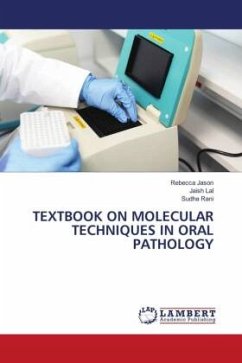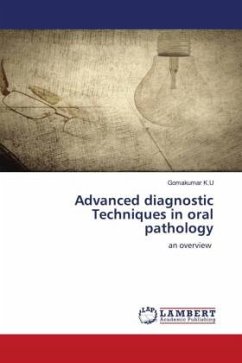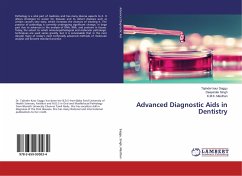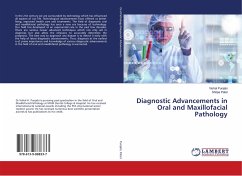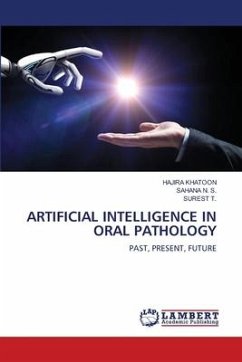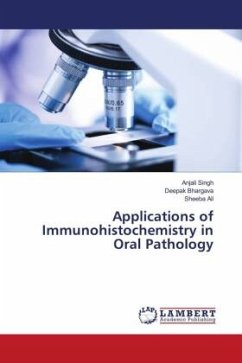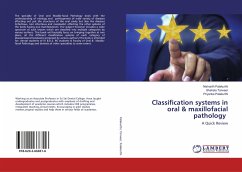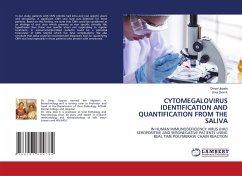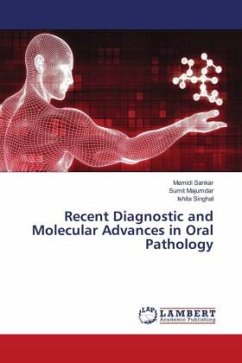
Recent Diagnostic and Molecular Advances in Oral Pathology
Versandkostenfrei!
Versandfertig in 6-10 Tagen
40,99 €
inkl. MwSt.

PAYBACK Punkte
20 °P sammeln!
The practice of pathology is currently undergoing significant change in large part due to advances in the analysis of DNA, RNA, and proteins in tissues. The analysis of DNA, RNA, and proteins, obtained from diagnostic specimens, is currently revolutionizing the practice of surgical pathology and heralds a new era of diagnostic and prognostic tests that will greatly influence our day-to-day clinical decision-making. The diagnosis of cancer and many other diseases is fundamentally based on the microscopic study of cells and tissues and remains the standard by which all other diagnostic tests are...
The practice of pathology is currently undergoing significant change in large part due to advances in the analysis of DNA, RNA, and proteins in tissues. The analysis of DNA, RNA, and proteins, obtained from diagnostic specimens, is currently revolutionizing the practice of surgical pathology and heralds a new era of diagnostic and prognostic tests that will greatly influence our day-to-day clinical decision-making. The diagnosis of cancer and many other diseases is fundamentally based on the microscopic study of cells and tissues and remains the standard by which all other diagnostic tests are measured. Nevertheless, the era when the pathologist relies entirely on the examination of tissue sections stained by histochemical methods is gradually being replaced by a time with advanced immunologic and molecular techniques that augment disease diagnosis and classification. The aim of this book is to enumerate the advanced molecular diagnostic methods and to elicit their effectiveness by reviewing the available literature.



